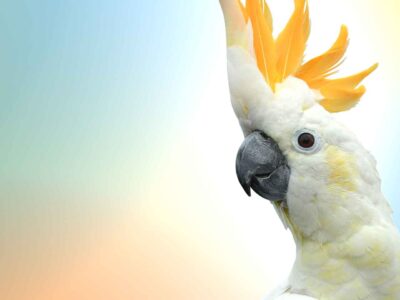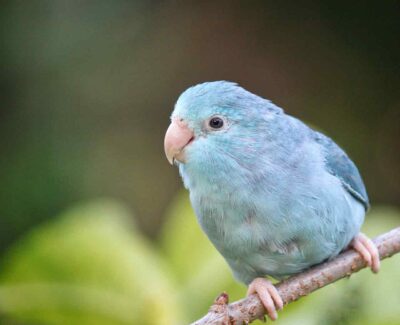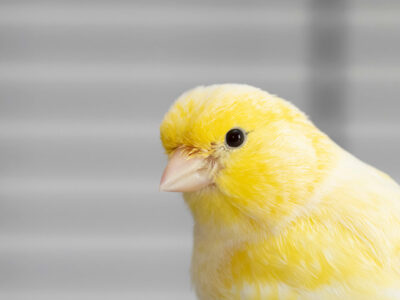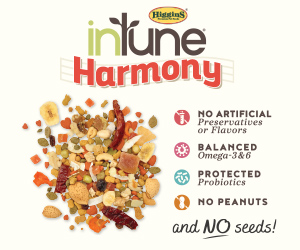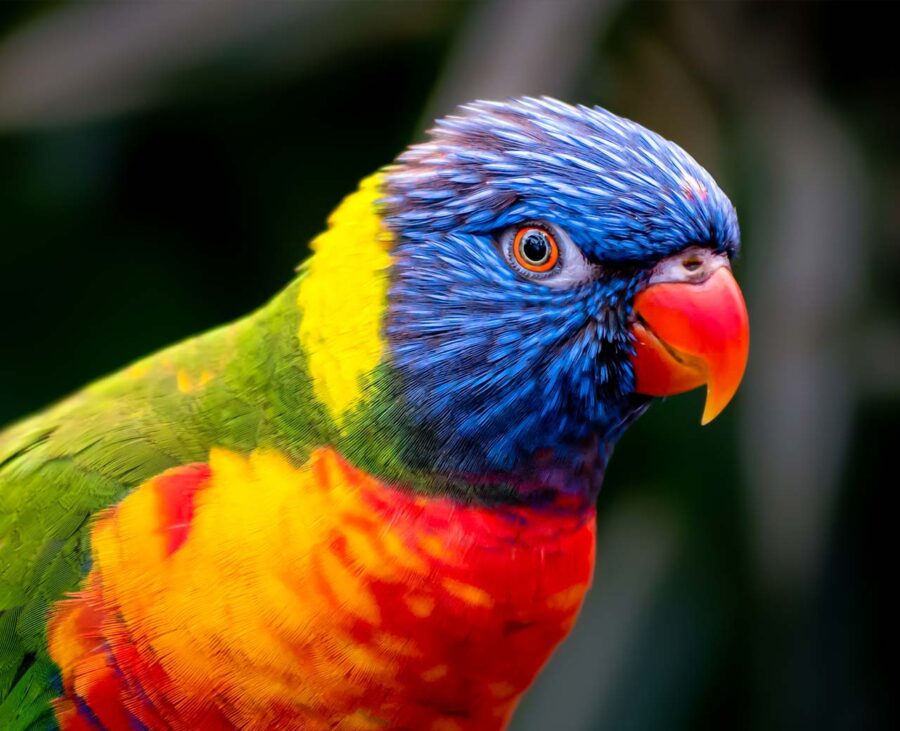
What to Know About Lorikeets as Pet Birds
If you’re looking for a bird that’s bright, bold, and full of personality, lorikeets might just be your perfect match. Known for their dazzling rainbow colors and playful energy, these unique parrots are unlike most other pet birds—especially when it comes to diet and behavior. Before bringing a lorikeet into your home, here’s what you need to know.
What Do Lorikeets Look Like?
Lorikeets are medium-sized parrots native to Australia and parts of Southeast Asia. The most commonly kept species is the rainbow lorikeet, which lives up to its name with vibrant shades of red, green, blue, yellow, and orange. They typically grow to about 10–12 inches in length and have slender bodies, long tails, and brush-tipped tongues specially adapted for their liquid diet. Their vivid coloration and animated personalities make lorikeets true standouts in the bird world.
What Makes Lorikeets Different from Other Parrots?
One of the biggest differences with lorikeets is their diet. Unlike most parrots that eat seeds and pellets, lorikeets have evolved to feed on nectar, pollen, and fruit. Their brush-like tongues help them lap up liquid foods, and their digestive systems are not equipped to handle seeds. This unique diet affects everything from their care routine to their droppings, which are often wetter and messier than those of seed-eating birds.
Lorikeet Diet Requirements
A proper lorikeet diet includes:
- Commercial nectar powder mixed with water (formulated for lorikeets)
- Fresh fruits such as apple, grapes, melon, banana, and papaya
- Occasional vegetables, although they may prefer fruits
- Fresh, clean water at all times
Avoid feeding lorikeets seeds or pellets made for other birds, as these can cause health problems. As always, skip avocado, chocolate, caffeine, and other known bird toxins.
Most commonly kept species of lorikeets, especially the Rainbow Lorikeet, can be offered a maintenance or lower protein formulated diet. This type of diet can reduce the mess and risk associated with nectar-based diets without compromising nutritional health.
Lorikeets are prone to sugar-related health issues, so avoid sugary human foods and rinse out nectar containers frequently to prevent spoilage and bacteria growth.
Lorikeets are prone to sugar-related health issues, so avoid sugary human foods and rinse out nectar containers frequently to prevent spoilage and bacteria growth.
What Type of Cage Does a Lorikeet Need?
Lorikeets are active and curious birds that need plenty of space to move, climb, and play. Therefore, be sure to choose a cage that is:
- At least 36″ wide x 24″ deep x 36″ high
- Equipped with plenty of toys to chew, shred, and climb
- Easy to clean—because lorikeets are quite messy
Since they produce liquid droppings, frequent cage cleaning is a must. Many lorikeet owners use cage liners, washable trays, or even dedicate an easy-to-clean room or aviary for their bird.
Out-of-cage time is also important—these birds love to explore and interact with their environment.
Are Lorikeets Good for New Bird Owners?
Lorikeets are best suited for experienced bird owners or highly committed beginners. Their intelligence, energy, and unique dietary needs can be a challenge for those new to birds. That said, lorikeets are also incredibly affectionate, social, and entertaining companions. With consistent training and attention, they can form strong bonds with their owners and even learn tricks or mimic words.
How Social are Lorikeets?
Lorikeets thrive on interaction and stimulation. They are playful, chatty, and sometimes a bit mischievous. If left alone or understimulated, they may develop behavioral issues such as screaming, biting, or feather plucking. Ideally, lorikeets should have:
- Daily out-of-cage time
- Interactive toys and puzzles
- Regular one-on-one attention
- Social time with other lorikeets (if housed together and introduced properly)
How Long Do Lorikeets Live?
With proper care, lorikeets can live up to 20 years, though 10–15 years is more common. As with all birds, access to an avian veterinarian, a healthy diet, and regular enrichment are key to a long, happy life.
Are Lorikeets Loud?
Lorikeets are vocal birds—they chirp, squeak, and chatter throughout the day. While not as loud as some larger parrots, their high-pitched calls can be frequent and sharp, so they may not be ideal for apartment living or noise-sensitive households.
Is a Lorikeet Right for You?
Lorikeets are not your average parrot. Their specialized diet, high energy, and need for attention make them best suited for dedicated bird owners who are ready for a fun—albeit sometimes messy—journey. In return, you’ll gain a vibrant, affectionate companion with a big personality and lots of love to give.
Searching for your ideal avian companion? Take our interactive bird matchmaker quiz!
